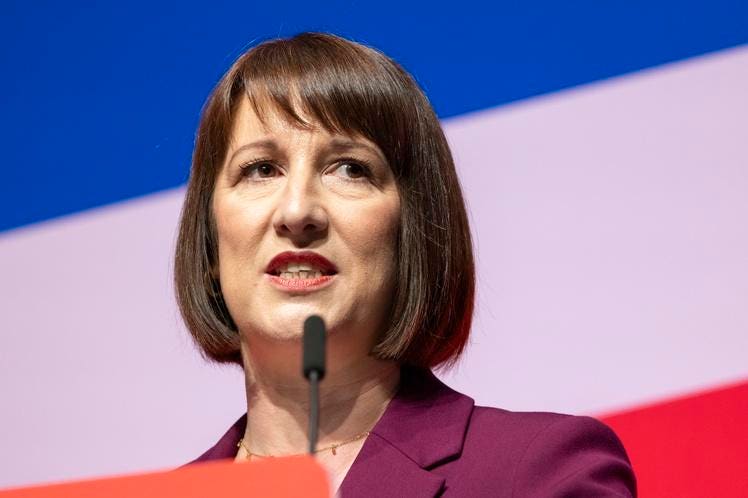The British economy faces a bleaker outlook following the Labour government’s first budget, with growth projections downgraded and businesses expressing widespread discontent over new tax measures. The Confederation of British Industry (CBI), a prominent employers’ group, has revised its growth forecast for 2025 down to 1.6% from a previous estimate of 1.9%, also trimming the 2024 projection to 0.9% from 1%. This downward revision is attributed to the budget’s impact on business costs, particularly the increase in National Insurance contributions, at a time when profit margins are already strained. The CBI’s findings underscore a growing concern within the business community that the new tax policies will stifle investment, hiring, and ultimately, economic expansion. The increased costs are also expected to translate into higher prices for consumers, further adding to the economic pressures facing the country.
The core of the business community’s unease lies in the substantial tax increases introduced by Finance Minister Rachel Reeves, described as the largest in three decades. Reeves justified the increases by pointing to a £22 billion fiscal “black hole” inherited from the previous Conservative government, a figure disputed by the Conservatives and other sources. This justification, however, has done little to assuage concerns about the impact of the tax hikes on businesses already grappling with economic uncertainty. The Labour Party’s pre-election pledge to avoid increases in income tax, National Insurance, or VAT further exacerbates the situation, creating a sense of betrayed trust among businesses that now face increased costs due to the very taxes the party promised not to raise.
The most contentious measure is the rise in National Insurance contributions, impacting both employers and employees. The employer rate is set to increase from 13.8% to 15% in April 2025, coupled with a lowering of the threshold at which employers begin paying National Insurance on employee earnings, from £9,100 to £5,000 annually. This dual impact significantly increases the cost burden on businesses, particularly small and medium-sized enterprises (SMEs) that are often more vulnerable to fluctuations in operating costs. Many businesses have voiced concerns that these increased costs will necessitate price hikes and potential job cuts, impacting both consumers and the job market.
The Bank of England’s findings corroborate the CBI’s concerns, highlighting the negative ripple effect of the budget on businesses. A survey conducted by the bank revealed that over half of the participating companies anticipate raising prices and reducing employment in response to the new tax measures. Furthermore, a significant proportion of respondents expect to lower wages, indicating a potential squeeze on household incomes. This confluence of rising prices, job losses, and wage stagnation paints a worrying picture for the British economy, with the potential for a prolonged period of subdued growth and increased hardship for individuals and families.
The criticism of the budget extends beyond industry groups and economic institutions, with prominent figures like billionaire industrialist James Dyson adding their voices to the chorus of dissent. Dyson condemned the budget as “an egregious act of self-harm,” arguing that the increased National Insurance contributions, combined with changes to inheritance tax on family businesses, will stifle entrepreneurship and hinder wealth creation. His concerns reflect a broader sentiment within the business community that the government’s focus on raising revenue through tax increases is short-sighted and will ultimately damage the long-term prospects of the British economy.
In summary, the Labour government’s first budget has been met with widespread criticism from the business community, with concerns focused on the significant tax increases, particularly the hike in National Insurance contributions. These measures are projected to increase business costs, leading to higher prices for consumers, potential job losses, and reduced investment. The CBI’s downgraded growth forecast reflects the negative sentiment within the business community, and the Bank of England’s survey findings further underscore the potential for a prolonged period of economic stagnation. The government’s justification for the tax hikes, citing a substantial fiscal deficit, has done little to assuage concerns, with prominent figures like James Dyson adding their voices to the chorus of criticism, warning of the long-term damage to the British economy. The coming months will be crucial in determining the true impact of the budget and whether the government will reconsider its approach in light of the widespread concerns.



